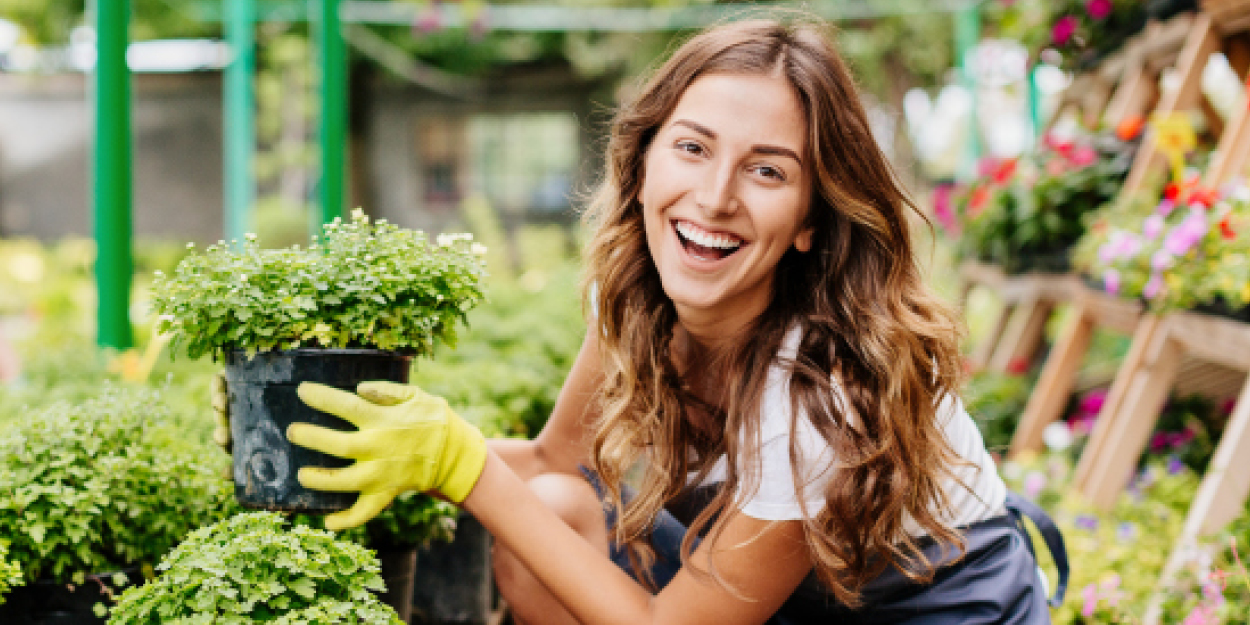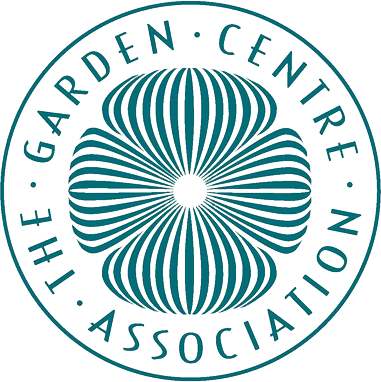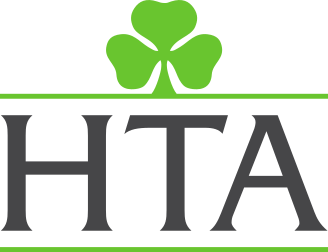Looking After Your Guinea Pig
Housing
A good hutch should be at least 4-5 times the length of your guinea pig when at full stretch. If you have more than one guinea pig the hutch will need to be much larger as they prefer to sleep separately at night.
Companionship is essential to guinea pigs so having more than one is recommended. Guinea pigs and rabbits should not be kept together as rabbits are naturally dominant and are likely to bully the guinea pig.
Outdoor hutches should be raised off the ground, this keeps the floor dry and protects from predators such as cats and foxes. It should also have separate living area with a mesh door to let in air and light, and a bedroom with a solid door providing your guinea pig somewhere to hide or nest.
Make sure the hutch is draught free and fully weatherproof, it should be in a sheltered position away from direct sunlight. Never keep a hutch in a used garage as car exhaust fumes can be very dangerous.
Guinea pigs can be kept quite happily indoors, choose a cage of a suitable size and layout. Hutches should be lined with a bedding material such as wood shavings and hay. Clean out the hutch on a regular basis, at least twice a week, with the toilet area cleaned daily, especially in summer.
Guinea pigs will need space to exercise regularly and a variety of outdoor runs and indoor pens are available. Guinea pigs are naturally frightened of large open spaces so make sure they have somewhere to hide.
Toys & Treats
Guinea pigs are sociable animals and their natural instincts are to forage and explore. Use plastic pipes, tunnels, flowerpots, boxes and baskets to create an exciting environment for them to play in.
Guinea pigs love a treat so choose one that is specifically formulated for guinea pigs. Hiding treats in tunnels or under boxes will encourage your guinea pig to forage. Treats may contain sugar so don’t give them too many.
Natural wood chews are a great way to keep your guinea pig’s teeth short and healthy.
Feeding
Guinea pigs require a high fibre diet and there are many feeds to choose from. A well balanced guinea pig feed will contain Vitamin C, which they are unable to produce themselves. Hay is essential to their diet to provide extra fibre, it also helps to grind their teeth preventing them from getting too long.
Feed your guinea pig twice a day. As natural foragers they can be selective in what they eat so make sure the first feed has been finished before topping it up. Selective eating can be avoided by using a pellet feed rather than muesli mix.
Your guinea pig may also like washed fresh fruit or vegetables such as apples, broccoli, kale, carrots or freshly picked dandelion leaves. Never feed your guinea pig with grass cuttings and remember to remove any uneaten fruit and vegetables.
Food bowls can be tipped over so choose a wide based metal bowl or heavy ceramic bowl. Guinea pigs love to forage for their food so varying the position of their bowl or hiding food and treats will make feeding time more exciting.
Fresh water must be available at all times and changed daily. Use a suitably sized drip feed bottle with a metal spout.
Handling
The best way to handle your guinea pig is to let it come to you. Approach your guinea pig from the front on the same level whilst talking to it gently. Pick it up using both hands with one across its shoulders and the other supporting its bottom.
Hold your guinea pig close to you so that it feels secure and to prevent it from falling, stand up slowly. Whilst regular handling will increase your guinea pig’s confidence and affection, guinea pigs can become upset with too much handling, especially if it is done incorrectly.
Long or rough-haired guinea pigs will require daily grooming to avoid matting and maintain a healthy, shiny coat. Choose a brush or comb that is suitable for your guinea pig’s hair type.
Health
Providing a clean, hygienic environment with a healthy, well balanced diet will keep your guinea pig in good health and by handling your guinea pig regularly you will be able to spot any symptoms before they develop.
The following are the most common problems but if you have any doubts about the health of your guinea pig seek advice from your vet.
Dental problems: Guinea pig’s teeth continue to grow throughout their life so a high fibre diet is essential. Early signs of dental issues can be dribbling, inability to eat or teeth grinding. Teeth can be trimmed easily by your vet.
Vitamin C deficiency: Guinea pigs are unable to produce their own Vitamin C so it must be available in their diet. Lack of Vitamin C can cause weight and hair loss, general weakness and loss of teeth.
Skin complaints: The most common skin problem is mange caused by mites. This can be prevented with appropriate skin treatment or insecticidal shampoos. Bald patches on the face can indicate a fungal infection or ringworm. Seek advice from your vet if any of these symptoms appear.
Flystrike: Flies are attracted to soiled fur and bedding and can lay eggs on your guinea pig. Regular cleaning of the hutch and daily grooming can prevent a build up of dirt.
Abscesses: Knocks or fights can cause infections leading to abscesses. Check your guinea pig for abnormal lumps and bumps, especially in the mouth as sharp food can cause cuts. Veterinary treatment should be sought as soon as possible.
You will need…
- Outdoor hutch/indoor cage
- Run or pen for garden
- Hay for bedding
- Wood shavings
- Guinea Pig food with added Vitamin C
- Hay or dried grass for food
- Water bottle and bottle brush
- Ceramic or metal food bowl
- Hay rack
- Gnaw block
- Brush/comb
- Toys and treats
- Vitamin supplements
- Pet safe disinfectant
- Pet safe fly repellent
- Guinea Pig care






